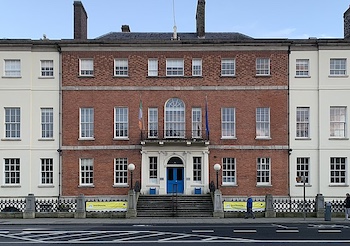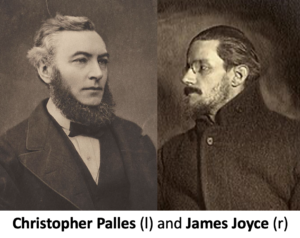The Second Stage of the Defamation (Amendment) Bill, 2024 in the Dáil
 Introduction
Introduction
Yesterday, the Dáil took the Second Stage of the Defamation (Amendment) Bill, 2024 (Irish Times). It was introduced by James Browne, Minister of State in the Department of Justice. He said that this is “robust, fair and proportionate legislation, that is, a modernising defamation Bill well-suited to meet the challenges of a rapidly evolving communications landscape”, and he hoped for a swift passage through the House with a view to the early enactment of the Bill.
There were substantial contributions from Deputies Pa Daly (SF, Kerry), Ruairí Ó Murchú (SF, Louth), Brendan Howlin (Labour, Wexford), Jim O’Callaghan (FF, Dublin Bay South), Catherine Murphy (SD, Kildare North), Richard Boyd Barrett (PBP, Dún Laoghaire), Catherine Connolly (Ind, Galway West), and Thomas Pringle (Ind, Donegal). The main issues in the debate concerned the evergreen issues of the abolition of juries in the High Court, and restraints upon strategic lawsuits against public participation (SLAPPs). As much as there was universal welcome for SLAPPs, there was equally universal condemnation of the abolition of juries. And there was some disquiet with the absence from the Bill of any provisions relating to social media companies.
Juries
The Minister said that the abolition of juries in High Court defamation cases is a key reform under this Bill.…



 I was reminded (plug alert) of my piece “The Aeolus Episode in Ulysses and the Freeman’s Journal: Chief Baron Palles and the law of defamation”, chapter 12 in Oonagh B Breen & Noel McGrath (eds) Palles. The Legal Legacy of the last Lord Chief Baron (
I was reminded (plug alert) of my piece “The Aeolus Episode in Ulysses and the Freeman’s Journal: Chief Baron Palles and the law of defamation”, chapter 12 in Oonagh B Breen & Noel McGrath (eds) Palles. The Legal Legacy of the last Lord Chief Baron (
 The truth, as Oscar Wilde has Algernon Moncrieff remark to Jack Worthing in Act I of
The truth, as Oscar Wilde has Algernon Moncrieff remark to Jack Worthing in Act I of 